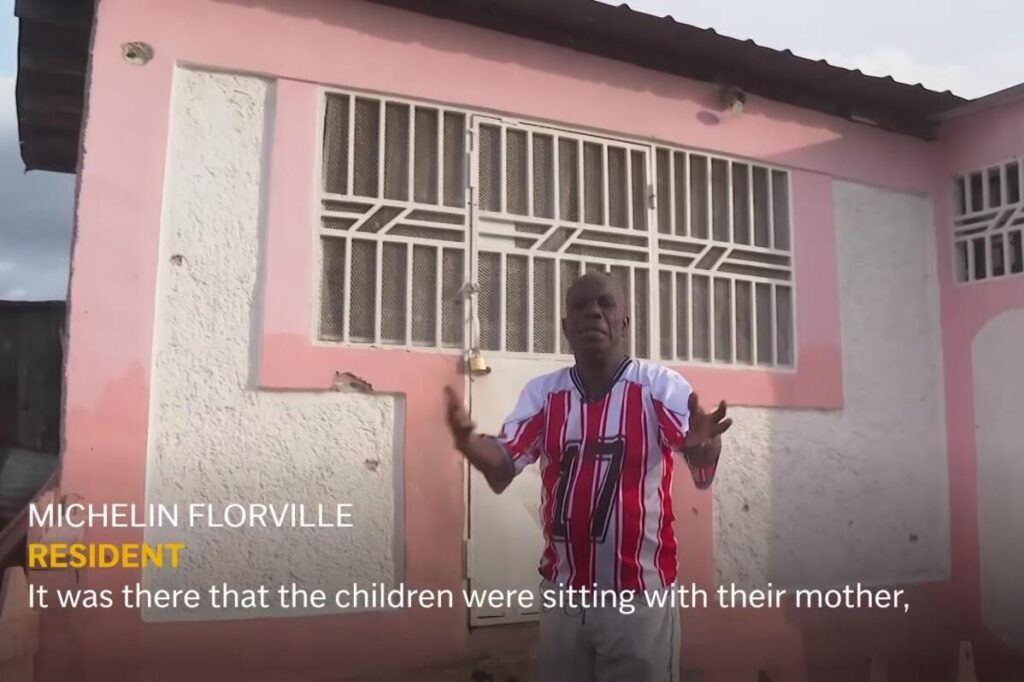Haiti’s Collapse: A Breakdown of Governance and the Global Response Failure
Haiti is engulfed in gang warfare while international aid remains insufficient, revealing a dangerous neglect that threatens regional stability and exposes failures in global leadership.

Just a short flight from the United States, Haiti is spiraling into chaos—an unraveling that should alarm every American who values national security and border integrity. As Laurent Saint-Cyr, head of Haiti’s transitional presidential council, pleaded at the U.N. General Assembly, this Caribbean nation is not simply suffering from crime; it is in the throes of a brutal war between ruthless gangs and a desperate populace fighting for survival.
Is International Inaction Fueling Haiti’s Nightmare?
More than 3,100 Haitians have been murdered in just six months amid relentless turf wars and lawlessness. Over 1.3 million displaced souls roam for safety as neighborhoods like Solino transform into ghost towns destroyed by criminals unchecked due to systemic government failure. Meanwhile, hunger grips over half the population—a humanitarian catastrophe amplified by corrupt governance and absent authority.
This tragic reality is also a stark demonstration of what happens when international bodies fail to heed strategic interests underpinning regional stability. The U.N.-backed peacekeeping mission remains critically underfunded and understaffed with less than half its targeted forces deployed. The Security Council dithers on authorizing robust intervention—even as calls grow louder for immediate action.
Why Should Americans Care About Haiti’s Crisis?
Instability so close to our borders threatens to spark waves of migration that strain domestic resources and challenge our sovereignty. The same gangs wreaking havoc in Port-au-Prince operate transnationally, undermining efforts to secure America’s southern approach from criminal infiltration.
Rather than relying on fragmented global efforts lacking teeth, it is time for an America First approach that prioritizes practical involvement bolstering lawful governance in Haiti—supporting real local security improvements rather than endless handouts or weak multilateral missions.
The story of Kettia Jean Charles—a pregnant mother forced into squalid living conditions after fleeing violence—crystallizes the human cost behind statistics. This is not mere foreign tragedy; it signals a failing system exposing millions to danger while emboldening transnational crime networks that ultimately threaten freedom-loving citizens at home.
How long will Washington tolerate these international failures? How many more lives must be shattered before decisive measures protect both Haitian families seeking dignity and American interests demanding secure borders?
Only by acknowledging these facts can policymakers redefine engagement with stability-minded partners on our doorstep—ensuring America’s principles of sovereignty, security, and liberty prevail over chaos born from neglect.
